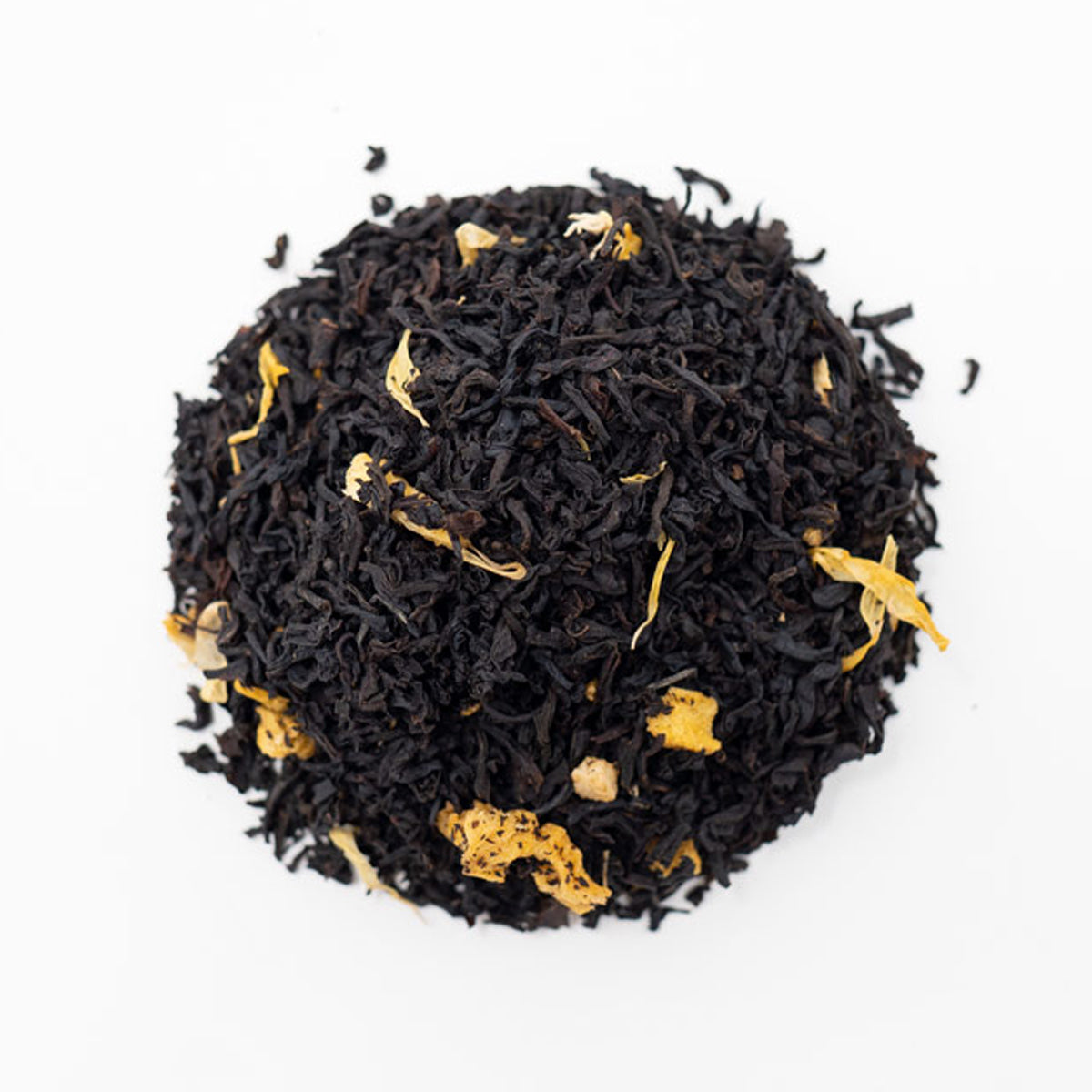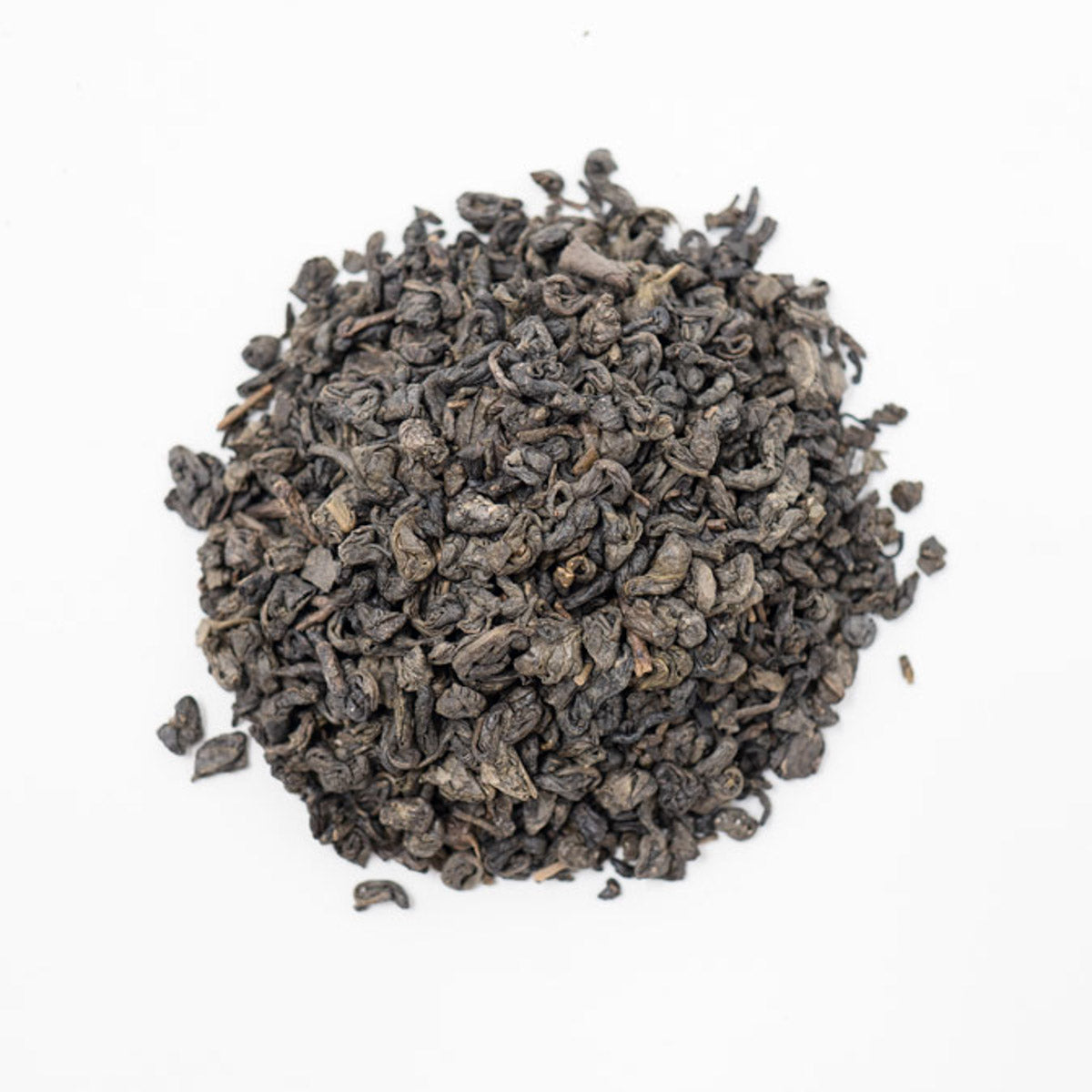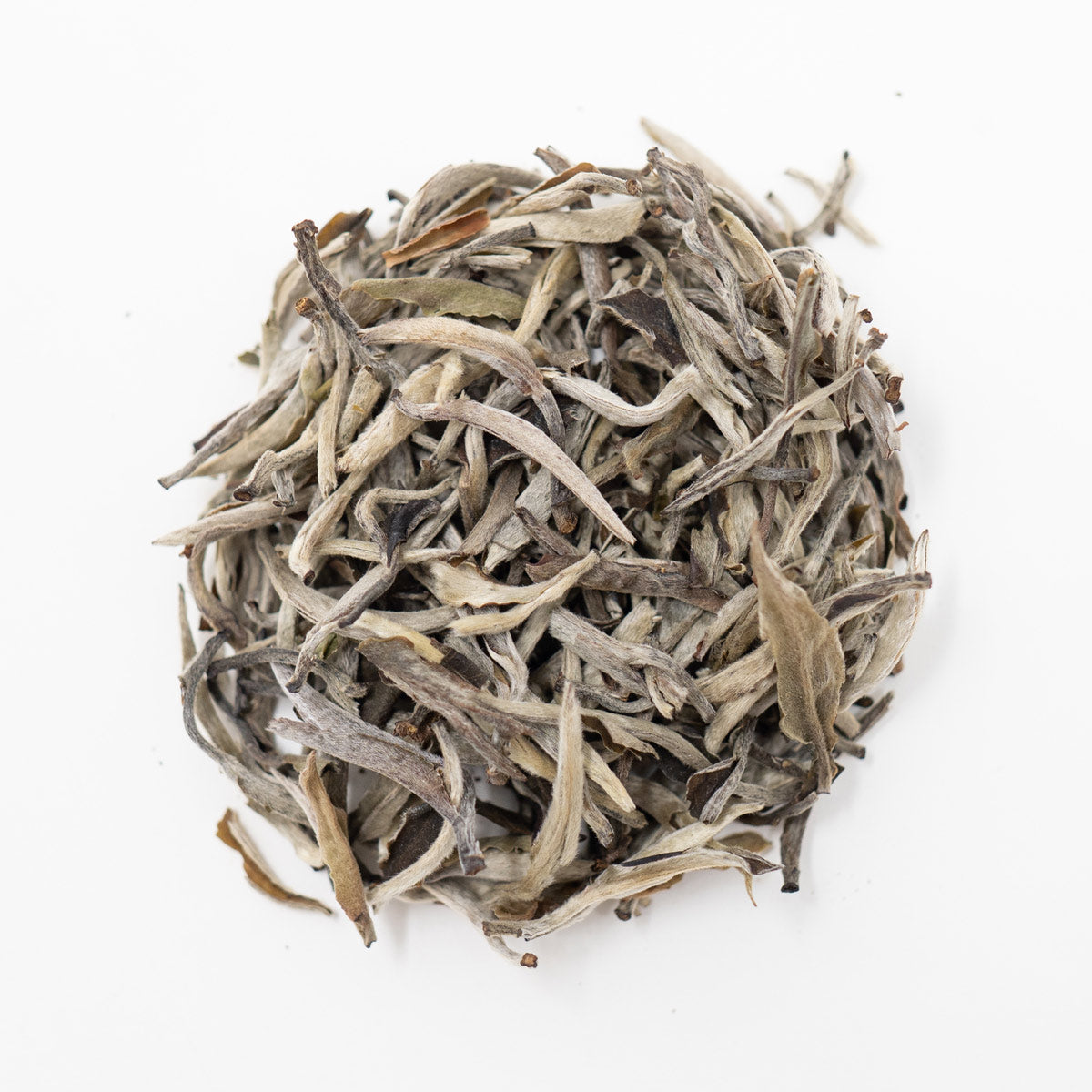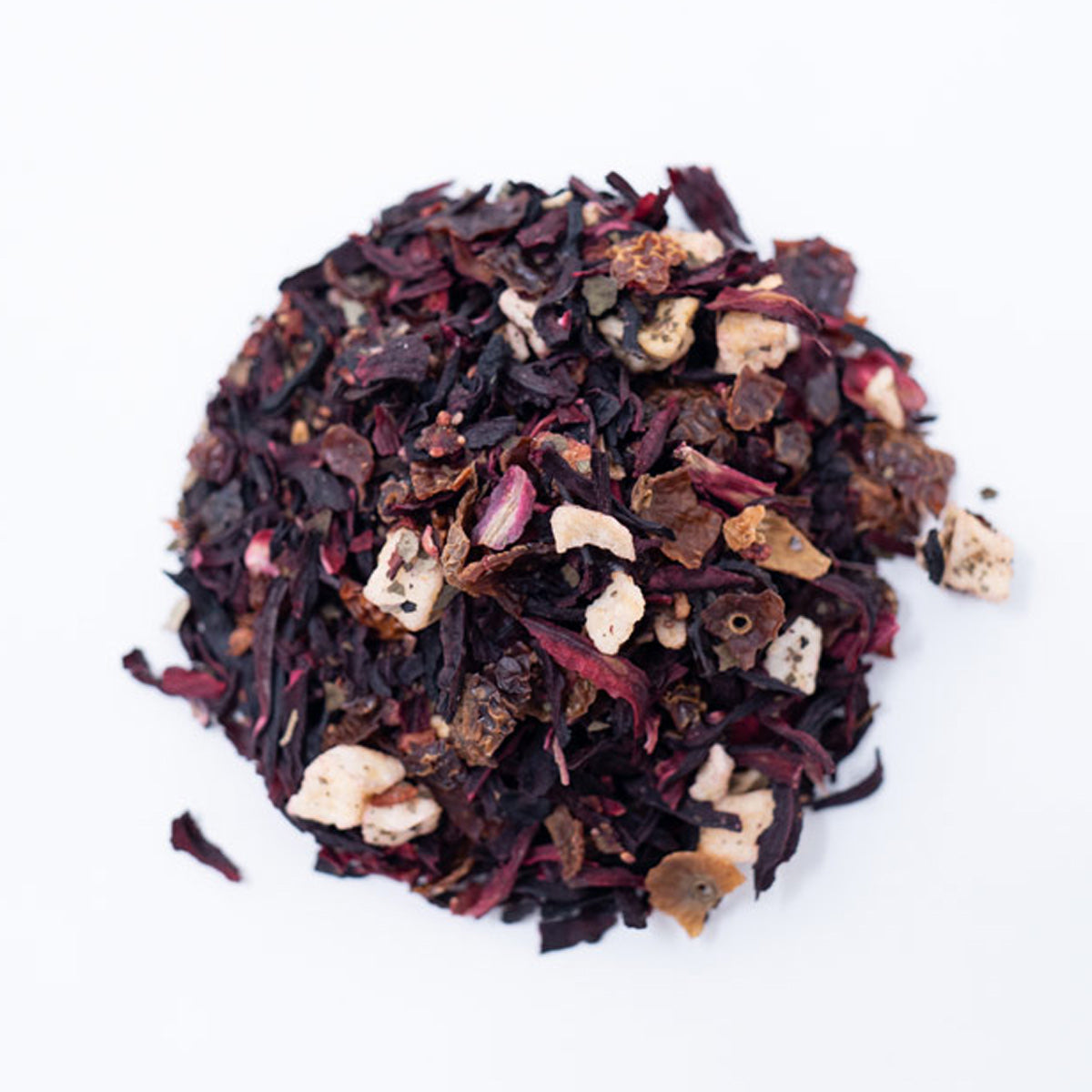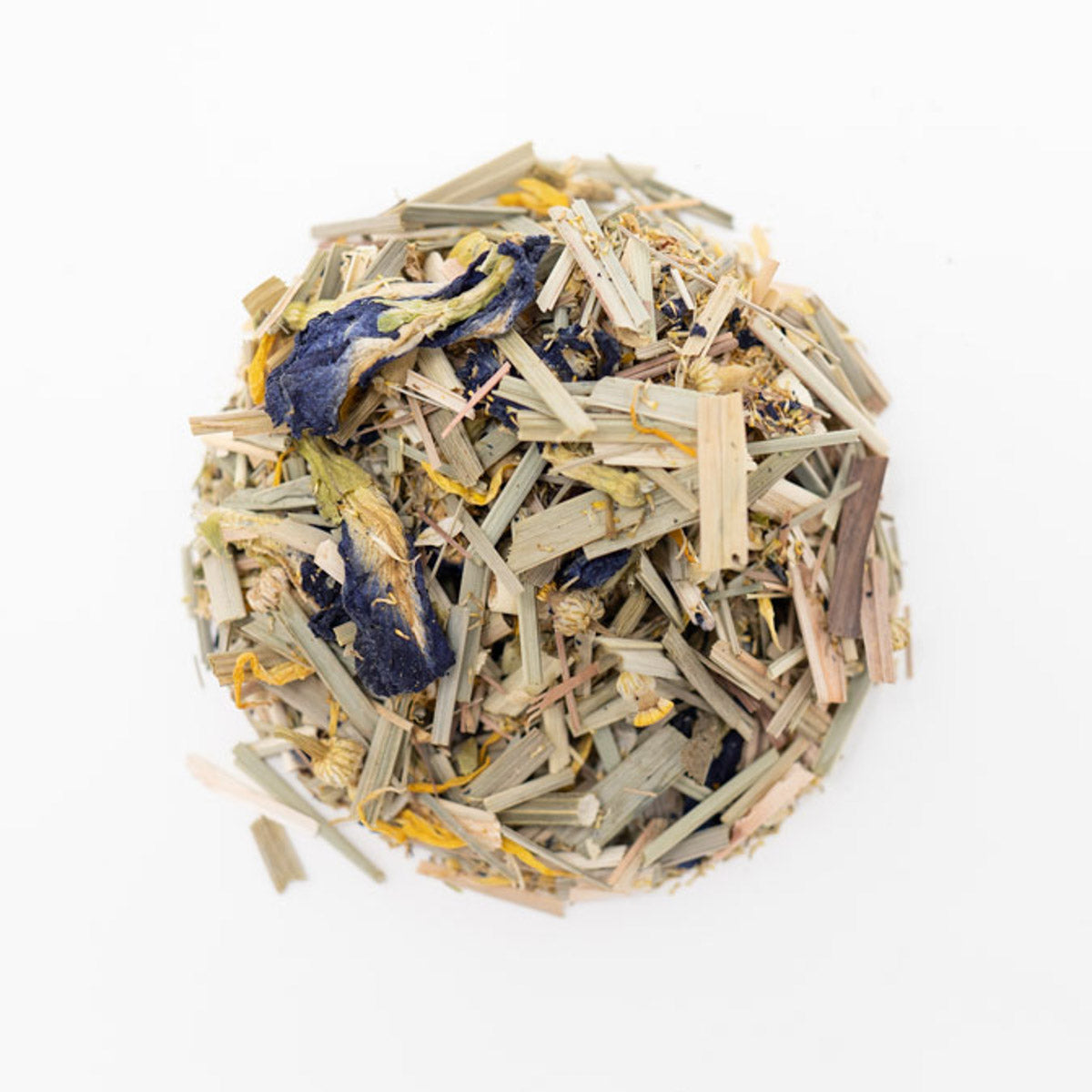Marigold Flowers | Your Garden's Secret Tea Ingredient
Background
Floral components in tea have been a favorite for centuries and marigolds are no exception. The Calendula variation of the marigold is an edible member of the daisy family, also known as the Asteraceae family, that possesses incredible health benefits. It is worth noting that this type of marigold is different from the Tagetes marigold. Tagetes marigolds are also edible, but they are mainly decorative and do not provide as many health benefits when used in tea. Marigolds are loved by gardeners as they are perennials that are easy to grow. Gardeners are also drawn to them because their vibrant gold color attracts pollinators and keeps more destructive pests away.
Before marigolds were ever used for tea, they were used for a variety of other purposes all around the world. In Ancient Greece, people used the flowers as decorations and dye for textiles, food, and even cosmetics. During the Medieval Century, rumors arose that the flower had magical properties, as people began noticing the plant's health benefits. In India, the flower was, and still is, used as a decoration during religious events such as weddings.
In tea, marigolds can be steeped on their own for a caffeine free brew, or added as an ingredient to a variety of tea blends. Their petals can be steeped fresh or dried, but drying them gives your tea a longer shelf life.
Benefits
Like most botanical ingredients, one of the reasons people love marigolds is because of its amazing health benefits. The Calendula plant is most widely known for its antioxidant and antimicrobial properties. These properties can help reduce inflammation, ease headaches, improve circulation, improve oral hygiene, and improve skin health. In a concentrated form, these properties can be so effective that Calendula oil was actually used to help treat wounds and burns during World War I and the American Civil War.
The Calendula plant can also help your stomach in a variety of ways. It can help with digestion, reduce nausea, clear up constipation, and even reduce menstrual cramping.
Flavor
Marigolds have a flavor profile of citrus and pepper, which tends to pair well with fruity teas. Different variations of the flower can produce different flavor notes, although they aren’t as beneficial to ingest.
Here are a few of our favorite marigold teas that we have in our shop:
Bright Peach Oolong: Peach is deliciously paired with Oolong tea for a brew that is deeply floral, juicy, and sweet, just like biting into a succulent peach. The aromas of peach and marigold fill the senses with each sip and the oolong balances the fruity flavors without overpowering.
Apricot Sunflower: Apricot just adds the perfect contrast to the tea, so we brainstormed and thought of what we could do to bring that deliciousness to the next level. The result was this excellent Ceylon black tea with apple pieces, marigold flowers, and dried apricots.
Mango Black: This perfect fruited black tea uses a premium citrusy Ceylon tea and flavors it with the elusive ripe mango. With this tea, you'll get to enjoy that amazing mango flavor whenever you're craving it.
Lemon Meringue Green: When we first smelled this tea, we immediately thought of a lemon meringue pie. From the citrus flavors of the lemon myrtle to the creamy notes of vanilla, you cannot help but imagine yourself eating a refreshing bite of pie on a sunny day.
Citrus Mojito: This crisp and zesty green tea blend combines spearmint, lemon, orange, and marigold to create the perfect refreshing combo! We have found that the ingredients in this tea make a great morning or midday pick me up without being overly caffeinated.
Written by Kourtney Camm
